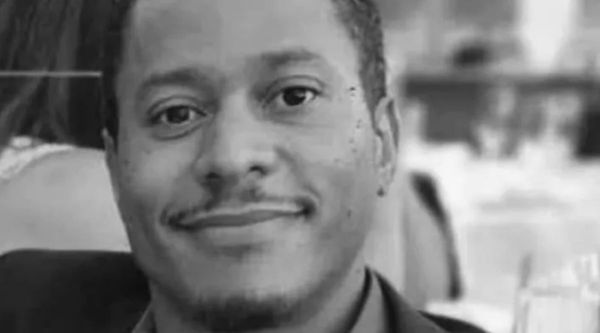
Digital ID requirements, artificial intelligence profiling and vocal analysis are all on the table as part of the federal government’s search for ways to ban teens from using social media.
Late on Tuesday, the federal government announced that it would seek to pass legislation that would give it the power to ban teenagers from social media and other digital platforms.
It will introduce a bill before the end of this Parliament, although it hasn’t committed to a specific age limit yet.
As part of this proposal, the government has started the process of trialling technologies that make it possible to verify or estimate a user’s age online.
The tender details for this $6.5 million trial, first announced in this year’s federal budget, provide insight into the government’s options.
The federal government’s tender draws a distinction between technologies for age verification, which it defines as using “identification attributes or other confirmed sources of information”, and age assurance, which can include “methods with lower accuracy and data collection requirements … [to] estimate or assure that a user is of a particular age”.
Whoever runs the trial will be tasked with testing both technologies. For the higher bar of age verification, the trial will need to prove whether someone is older than 18 using technologies like a token system — where a user verifies their age with a third-party service using things like government identification, including Australia’s new Digital ID system, or directly using credit cards.
Age assurance technologies will be tested on whether they’re able to “determine a user being between 13-16 years of age”. Suggested methods included biometric age verification like facial scans and voice analysis, getting verified parental consent, offering parental controls, and using AI or other algorithmic techniques to guess a user’s age based on their online habits.
These technologies may be used together or in isolation, depending on the service a user is seeking to access and the level of risk associated with it, the tender says. For example, facial scanning could be used to estimate someone’s age to use Facebook but not to buy a weapon online.
The trial will evaluate these technologies on the basis of accuracy, ease of use, reliability, data security, freedom from biases, human rights and privacy protections.
The deadline to apply to run this trial is at the beginning of October, with the successful applicant required to be able to start from October 28. The trial and subsequent report is due by the end of the 2024/25 financial year — before the latest date that this government could hold an election but after the predicted election date in May.
Do you support a ban on teens using social media? Are you worried about how it might be enforced? Let us know your thoughts by writing to letters@crikey.com.au. Please include your full name to be considered for publication. We reserve the right to edit for length and clarity.







